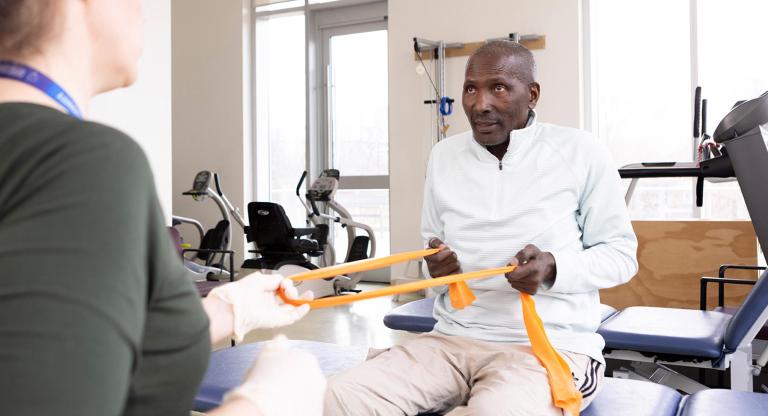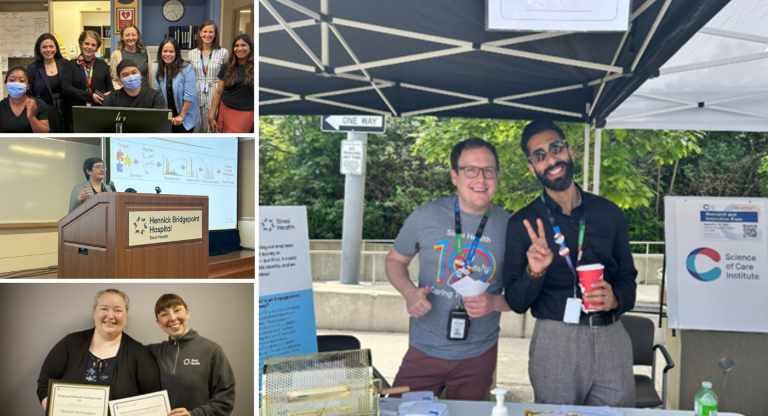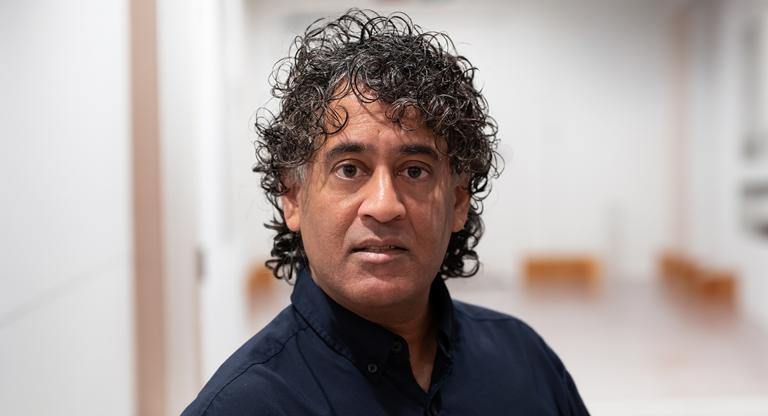Sinai Health News
Read the latest news and stories from Sinai Health.
Image

LTRI annual retreat highlights the power of teamwork to drive future medical breakthroughs
Researchers from Sinai Health’s Lunenfeld-Tanenbaum Research Institute gathered last month for a scientific retreat to showcase their…
Image

Sinai Health is celebrating 10 years of care. We're sharing stories that…
Image

Our achievements are a direct result of the dedication and compassion that…
Image

Each year, employees and their children are recognized for their inspiring…
Image

Every day our people at Sinai Health are doing extraordinary things.…
Image

A team of researchers at the Lunenfeld-Tanenbaum Research Institute (LTRI…
Image

As summer kicks off with blue skies and sunshine, Sinai Health’s annual…









